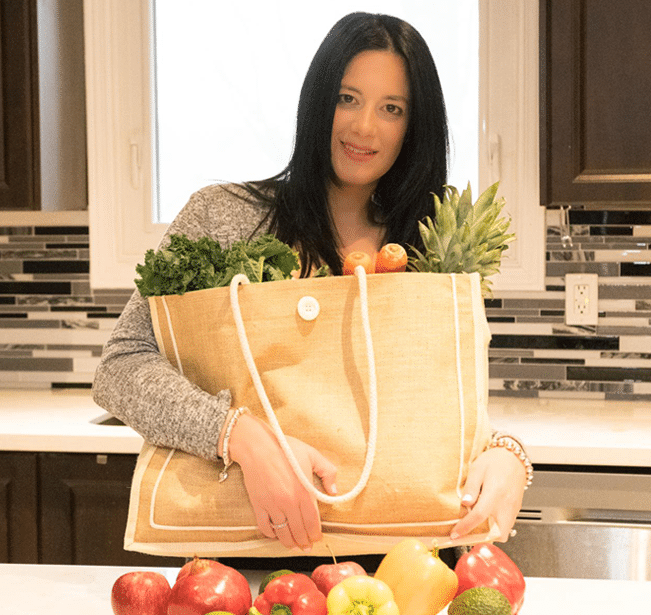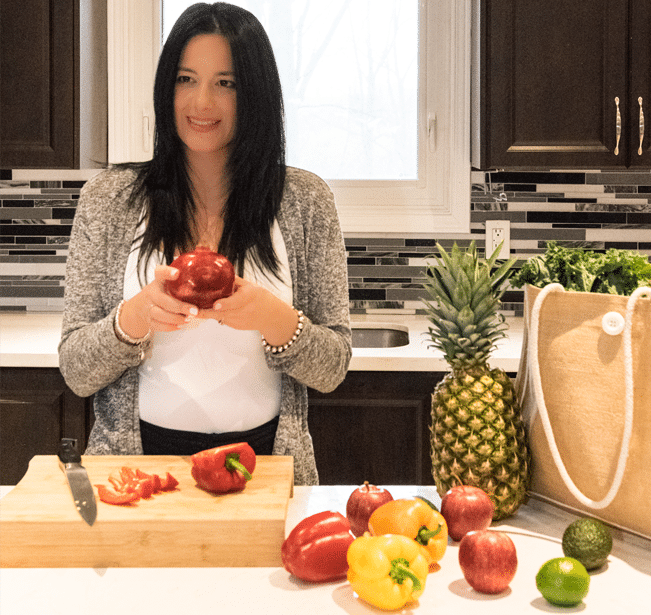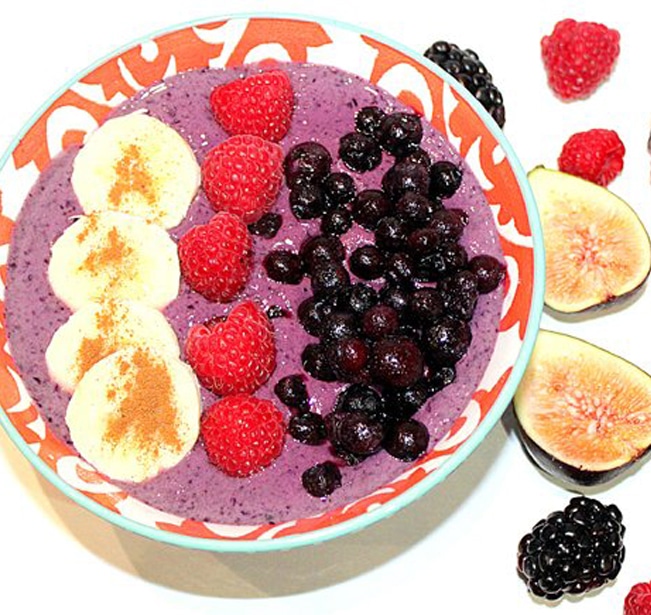My Covid-19 Grocery Shopping Cart
April 23, 2020
With the current covid-19 situation, grocery shopping has become a concern for many of us. As many of us are trying to reduce our trips to the grocery store and with the increasing difficulty getting online orders, having food that lasts has become more important.
I’ve noticed that grocery aisles and online grocers are low in flour, rice and canned goods. So, besides the obvious, what else should we have in our virtual or non–virtual grocery cart?
I’ve compiled a list of my favorite, nourishing grocery items to stock up during covid-19.
Nuts: Nuts are full of benefits: healthy fats, protein, magnesium, zinc, and vitamin E.
Great uses for nuts are adding them to salads for crunch, blend them into soups to make soups creamier, or add them to your home-baked goods. Nuts also make great snacks.
I’ve personally been buying more nuts lately because I can also transform them into different food staples such as nut butters and nut flours.
Somehow baking has become a regular activity in our house during covid-19. I think we’re not the only ones, right? Flour has been very hard to find at the grocery store! So, if you are like many of us who are doing lots of baking, you can make your own nut flour, which can be a great alternative in some recipes.
Nuts can be ground into nut flours by grinding them in a food processor until flour-like consistency forms. A common nut flour is almond flour, and it can be used in baking cookies, cakes, muffins, loaves, and pancakes. So, stock up on your almonds!
Nuts can also be ground into nut butters. With the extra time at home, why not make some amazing, nutritious nut butters? You can try this with virtually any nut.
To make nut butter, you can roast nuts first, then grind in a food processor until creamy. This can take up to 10-12 minutes.
Just keep in mind, that everyone’s nutrition needs are unique. If your goal is to lose weight, then use nuts, nut flours and nut butters in moderation, as they are very energy-dense (high in calories).
Lentils: During covid-19 may be a great time to experiment with plant-based meals using lentils. Lentils are high in fiber, potassium, folate, iron, and manganese. They are a great source of protein, making them a great meat alternative.
The reason I highlight lentils here is that they cook fast and are easy to use because they don’t require much advance planning. Lentils do not require any soaking like other pulses (dry edible seeds within plant pods). The typical cooking time for lentils is under 20 minutes. A great way to use lentils is in soups, curries, and chilis. For one of my recipes using lentils, please check it out here.
Though I emphasized lentils, stocking up on other legumes such as chickpeas, kidney beans, black beans, and split peas are definitely great staples to have on hand. Whether you use these canned or dry, these are all be great sources of plant-based protein. You can check out some of my recipes that include legumes here and here.
Try grains that are not as mainstream as other grains, such as sorghum, kamut, farro : When this whole pandemic started, my worried brother told me to stock up on rice (Lol)! I chuckled because my grocery cart is usually full of different grains, so I wasn’t too worried about the lack of rice in grocery stores (my brother may need my lesson on other whole grains!). So, when grocery shelves are bare of rice, this is a great time to experiment with different whole grains such as farro, kamut, teff, wheat berries…. there are many options. Since these grains are not as conventional as rice, you will likely find them available on grocery shelves. These grains are packed full of nutrients such as protein, fiber, B vitamins, antioxidants, and trace minerals such as iron, zinc, copper, and magnesium. You can read more about the benefits of whole grains in my article here.
Edamame Beans: I always have edamame beans (baby soybeans) on hand in my freezer because they are a quick and easy source of protein (very useful on those days when you are a complete, unorganized mess-we all have those days!). Edamame beans are high in protein and contain all essential amino acids-unlike many other plant proteins. They have numerous vitamins and minerals and are especially high in folate and vitamin K.
My favorite uses for edamame beans are adding them to salads and fried rice. You can also add them to soups and noodle stir-fries.
Canned salmon: Canned salmon is high in protein, vitamin D, calcium (from the bones), and heart-healthy omega 3 fats. Also, most canned salmon is wild. Canned foods are a great option when we have limited trips to the grocery store and less access to fresh foods.
Incorporating fatty fish is the best way to ensure intake of heart-protecting omega 3 fatty acids. 2 servings of 2.5 ounces each of fatty fish each week can help you achieve your omega 3 intakes.
You can easily throw canned salmon into a sandwich, salads, or make salmon patties.
We all know vegetables are good for us! There’s no need to convince anyone of that! So which ones should we stock up on when we want them to last long?
Frozen greens: Frozen veggies are flash frozen at their peak ripeness when they are more nutrient-packed. Frozen greens are high in vitamin A and K, folate and lutein. The bonus is that there is no need to wash, cut, or chop them (Yay!). The reason I specifically highlighted frozen greens is that they are so easy to use. Also, in my opinion, I find they taste better than other frozen veggies. You can throw frozen greens into soups, stews, casseroles, curries, pasta sauces, and omelets. I personally add frozen greens into almost any meal that I can!
Fresh vegetables that are longer lasting: I’m making sure to keep longer-lasting vegetables in my house at all times.
Winter squash varieties such as butternut, acorn, and spaghetti squash will last at least a month or two in a cool dry spot. They are rich in carotenoids, vitamin C, vitamin B6, fiber, magnesium, and potassium.
Squash is delicious roasted in the oven or in a stew. Butternut squash is also amazing in a soup or mashed (My kids don’t agree, but it is!).
Beets last about 2 weeks in the refrigerator. They are a great source of fiber, folate, manganese, potassium, iron, and vitamin C.
Beets are enjoyable roasted, added to salads, or even to smoothies. You can check out some of my recipes that include beets here and here.
Carrots last 3-4 weeks in the refrigerator. They are rich in Carotenoids, biotin, vitamin K, potassium, and vitamin B6.
Carrots can be eaten straight up of course and make a great snack! I also love adding carrots to soups, stews, fried rice, and salads.
Adding these grocery items to your shopping list now will be a great addition to your menu. Maybe covid-19 is teaching us new and efficient ways to shop to reduce our grocery store trips in the future also?
If you want cooking ideas, you can watch me cook on a regular basis on my Instagram stories!




I like all your recepies
Thank you very much.
I will follow you on Instagram.
Thank you for the feedback!